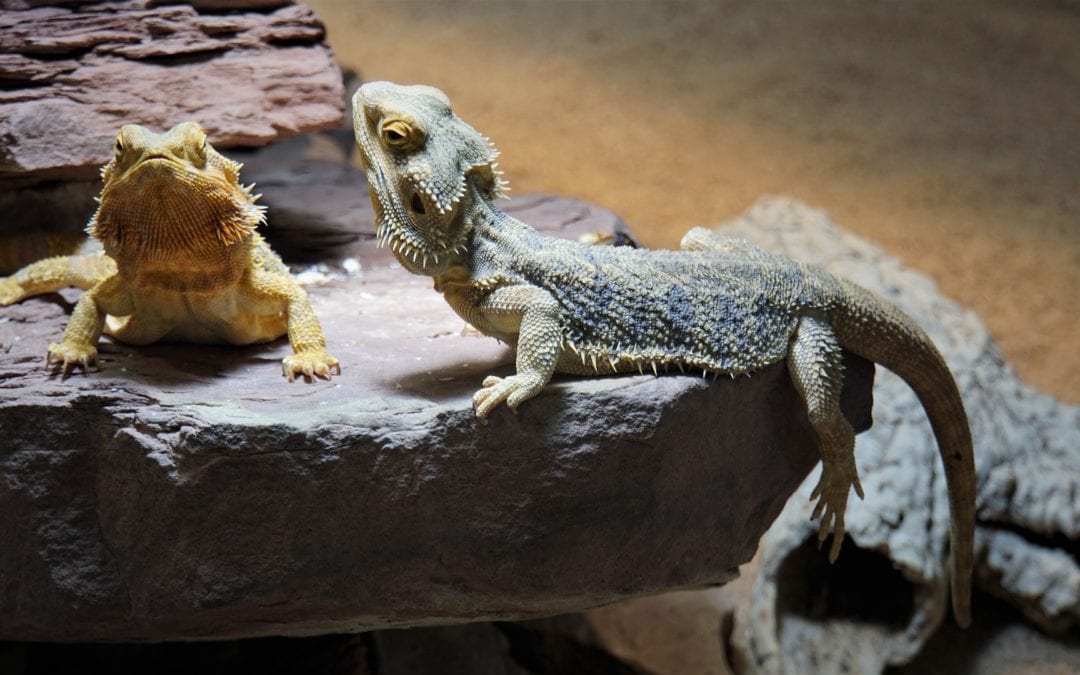At the Veterinary Hospital of Melbourne, we are proud to offer services to our non-traditional pets including small mammals (rabbits, guinea pigs, hamsters, hedgehogs, gerbils, chinchillas, rats, mice, and sugar gliders) and reptiles. Dr. Marlowe and Dr. Forward spent extra time during their veterinary training to focus on exotic animal medicine and are excited to offer this service.
When you first adopt your exotic pet our veterinarian should perform a thorough exam to assess its health and to discuss husbandry requirements. As well, annual physical exams are as crucial in non-traditional pets as they are in dogs and cats. Small mammals and reptiles can become ill and rapidly decline in less than 24 hours. Therefore, if your pet seems sick it should receive prompt medical attention.
Here are some services we provide for exotic pets:
- Twice yearly health examinations: Because the lifespan of some of our exotic patients is relatively short, we often recommend twice-yearly examinations.
- Lab work screenings: Routine blood work checks help us assess the overall health of your pet. And, this is important in any sick exotic pet.
- Surgical procedures: We offer spay, neuter, mass removal, laceration repair, limb amputation, enucleation (eye removal), and bladder stone removal as well as other procedures.
- Ultrasonography: When needed, we can perform in-hospital ultrasounds to assess your pet’s internal organs.
- Radiography: We can provide in-hospital radiographs (x-rays) to assist in evaluating your pet.
- Dental procedures: We recommend prophylactic teeth cleanings for ferrets as we do for cats and dogs. In addition, we provide dental care for rabbits and rodents. These pets have teeth that continuously erupt throughout life and may require routine incisor trimming and molar filing of any overgrown or sharp teeth in order to make sure they are able to eat and drink well.
- Sick exams: It is very important to address any signs of illness including skin lesions, poor appetite, upper respiratory infection, diarrhea, reduced fecal output, weight loss, or lethargy.
- Nutritional consults: Because the diet for exotic pets is very different from dogs and cats we will ensure that their diet is healthy and appropriate for their species.
- Pain management: In addition to traditional medications we can provide therapeutic laser therapy and acupuncture as additional modalities to reduce inflammation and relieve pain in our exotics species.
- Holistic and herbal care: In some cases, there are alternative therapies that may be beneficial for the health of your exotic pet. We are always willing to evaluate if this may be appropriate.
For the safety of our staff, we do not see primates.

